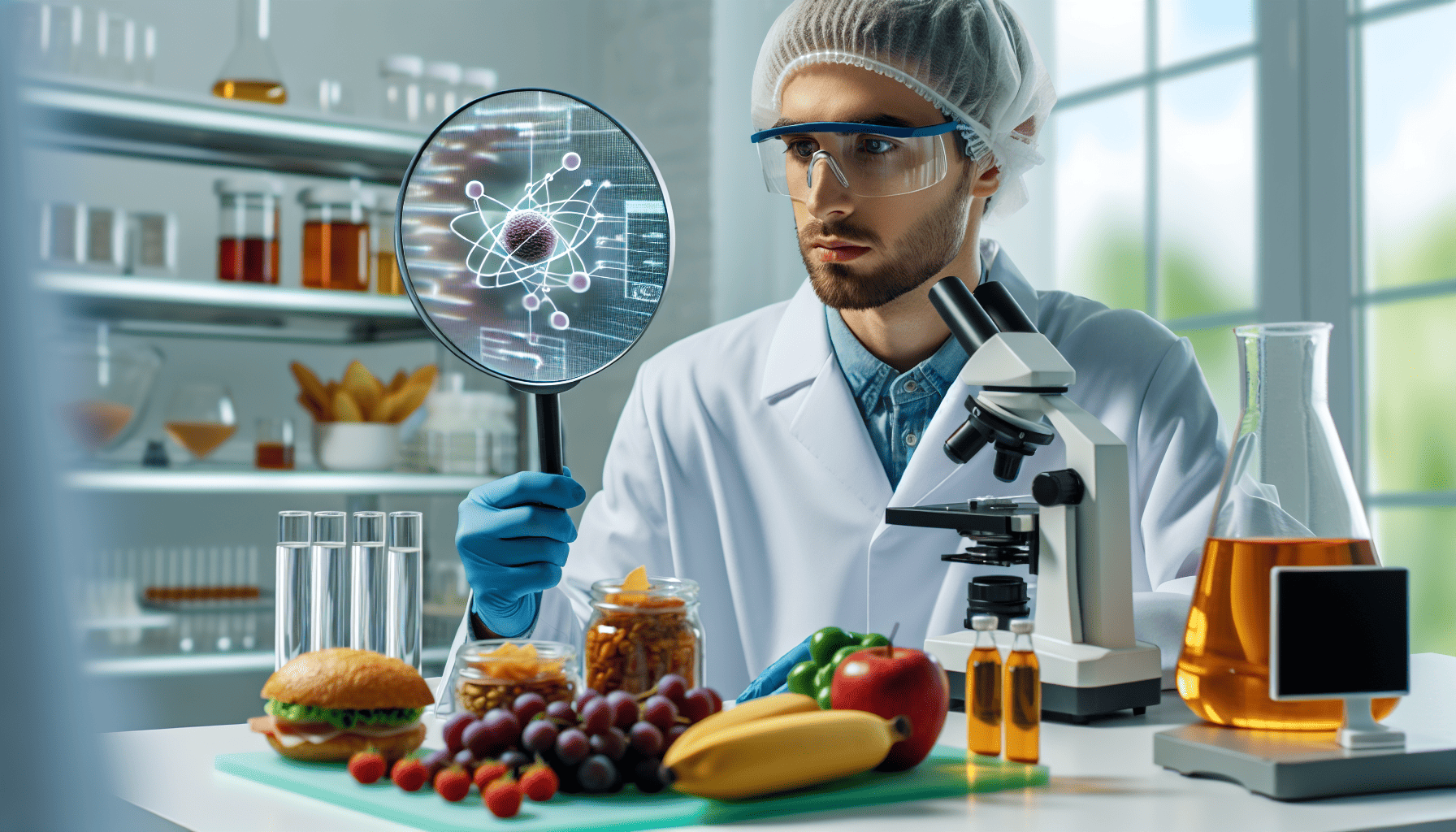In recent years, the intersection of nanotechnology and food sciences has opened exciting new avenues for ensuring food safety and enhancing quality control. As global food supply chains become more complex and consumer demands for higher food safety standards increase, the role of nanotechnology in ensuring the healthiness and quality of food products is more crucial than ever.
Nanotechnology involves manipulating materials at a molecular or atomic level, offering unprecedented capabilities in controlling and improving food safety practices. The use of nanoparticles and nanosensors is revolutionizing how food spoilage, contamination, and nutrient composition are monitored and managed.
Enhancing Detection and Monitoring
One of the most profound impacts of nanotechnology in food safety is its ability to provide sensitive and rapid detection techniques. Nanosensors are being developed to detect pathogens, toxins, and chemical contaminants with extraordinary precision and speed. These advanced sensors can be integrated into packaging or deployed in supply chains to continuously monitor food products in real time.
These nanosensors operate by exploiting the unique properties of nanoparticles, which can bind to specific pathogens or chemicals. When a target substance is detected, the nanosensor produces a detectable signal, such as a color change or electronic output, alerting to the presence of contamination before it reaches the consumer. This capability dramatically reduces the risk of foodborne illnesses and recalls, maintaining consumer confidence in food safety.
Improving Packaging and Shelf Life
Nanotechnology also plays a pivotal role in enhancing food packaging. Nano-packaging materials can offer improved barrier properties, protecting food from oxygen, moisture, and microbial invasion. By incorporating nanoparticles such as nano-silver or nano-clay into packaging materials, manufacturers can develop packaging that is not only more durable but also has antimicrobial properties.
These innovative packaging solutions do not merely preserve the shelf life of food products; they actively participate in maintaining their quality. The antimicrobial characteristics of nano-packaging can inhibit the growth of harmful microorganisms, reducing spoilage and waste. This is particularly beneficial for perishable products such as meat, dairy, and fresh produce.
Boosting Nutritional Profile and Functional Foods
Nanotechnology is also making strides in enhancing the nutritional qualities of food. Through nano-encapsulation, nutrients, flavors, and bioactive compounds can be embedded into food products in a way that improves bioavailability and efficacy. For instance, vitamins and minerals can be packaged into nano-carriers that protect them from degradation and enhance their absorption in the human body.
These advancements hold great promise for the development of functional foods, which provide health benefits beyond basic nutrition. Functional foods fortified with nanotechnology-enhanced nutrients can play a significant role in addressing nutritional deficiencies and enriching dietary choices for consumers worldwide.
Ensuring Regulatory and Consumer Acceptance
Despite the myriad benefits of nanotechnology in food safety and quality, ensuring regulatory compliance and consumer acceptance remains essential. Regulatory agencies around the world are faced with the challenge of creating frameworks that adequately address the unique aspects of nanotechnology. Ensuring transparency, conducting comprehensive safety assessments, and maintaining rigorous oversight is crucial for gaining consumer trust.
Public education is also a vital component. As consumers become more aware of and educated about nanotechnology's role in food safety, acceptance is likely to grow. Educating the public about the tangible benefits, coupled with assurances of safety and efficacy, will be fundamental in driving the adoption of nanotechnology-enhanced food products.
In conclusion, nanotechnology represents a transformative force in food safety and quality control. Its ability to provide advanced monitoring, enhance packaging solutions, and boost nutritional profiles posits significant advantages in ensuring healthier food products. As technological advancements continue to unfold, the integration of nanotechnology in the food industry holds great potential for shaping a safer and more nutritious future for consumers worldwide.
